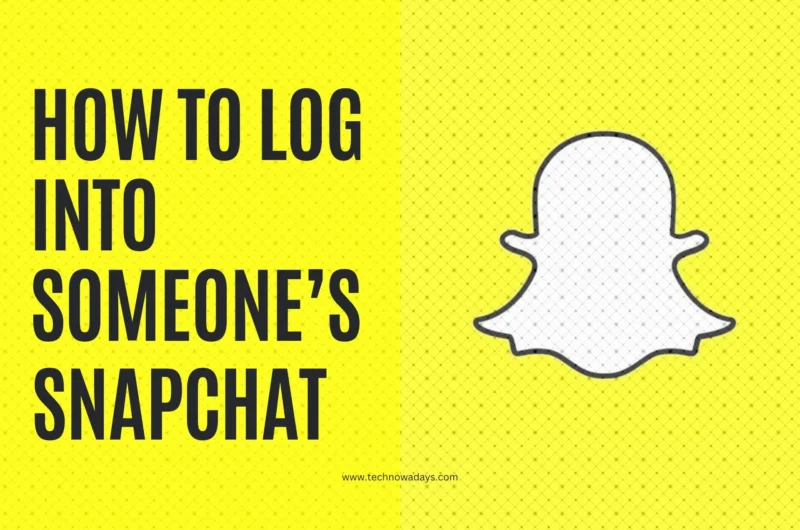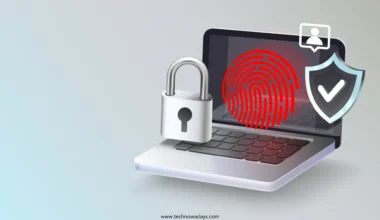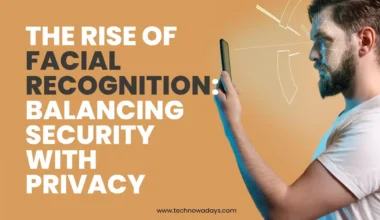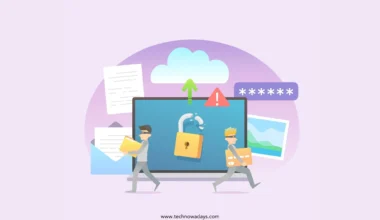How to Log into Someone’s Snapchat: A Misguided Query in the Age of Digital Privacy.
In our digitally-driven world, the question “How to log into someone’s Snapchat” surfaces more frequently than many of us would like to admit.
While the curiosity or concern leading to this question is understandable, it’s crucial to address the elephant in the room: the pursuit of accessing someone else’s Snapchat account not only raises serious ethical questions but also legal implications regarding digital privacy.
This blog aims to redirect that curiosity towards a more constructive discussion on how to secure your own Snapchat account and protect your email from hackers, ensuring your digital safety in this interconnected era.
Understanding the Importance of Digital Privacy:
In the contemporary landscape of digital interaction, the significance of maintaining digital privacy cannot be overstated. This brings us to critically examine the problematic nature of inquiries such as “How to log into someone’s Snapchat.”
Platforms like Snapchat are intricately designed as sanctuaries of personal expression, allowing users to share snippets of their daily lives with a select circle of friends and relatives.
The act of attempting to infiltrate someone else’s digital realm without their explicit permission is not just ethically questionable; it fundamentally breaches the principles of privacy and trust that form the bedrock of healthy social interactions.
Such actions are comparably invasive as rifling through someone’s personal diary or eavesdropping on intimate conversations, activities that are universally frowned upon.
The advent of the digital era has not diminished the value of privacy; rather, it has broadened the spectrum of how we must conscientiously apply and respect these principles.
The ubiquity of social media and the ease with which information can be shared—or misappropriated—underscores the need for a renewed commitment to safeguarding personal boundaries.
Privacy in the digital domain is not a relic of a bygone era but a continuing imperative that evolves alongside our technological advancements.
Respecting another’s digital privacy involves recognizing the personal and often sensitive nature of the content shared within these platforms. Unauthorized access to someone’s social media account can expose them to risks ranging from emotional distress to tangible harm, highlighting the importance of consent in all forms of digital engagement.
The ethos of digital privacy is thus not merely about adhering to legal standards but fostering an environment of mutual respect, trust, and understanding in our online communities.
By championing privacy, we advocate for a digital culture where personal spaces are protected and valued, ensuring that the digital age remains a force for positive social connection rather than a frontier of vulnerability.
How to Secure Your Snapchat Account:
In the digital era, safeguarding your Snapchat account is more than just a precaution; it’s a necessity. As Snapchat, alongside other social media platforms, becomes increasingly embedded in our daily lives, it also becomes a prime target for hackers.
These cyber intruders are on the lookout for personal data they can exploit for nefarious purposes. However, by taking proactive steps, you can significantly enhance the security of your Snapchat account and protect your digital presence from unauthorized access.
Establishing a Strong Password:
The cornerstone of digital defense lies in the creation of a robust password. A strong password acts as the first line of defense against hackers, preventing easy access to your Snapchat account. To create a secure password, steer clear of predictable words or sequences that could be easily guessed, such as “password” or “123456.”
Instead, opt for a complex combination of letters (both uppercase and lowercase), numbers, and symbols. This complexity makes it considerably more challenging for hackers to crack your password.
Furthermore, it’s advisable to refresh your password periodically, introducing an additional layer of security and making it even harder for potential intruders to gain access to your account.
You can also use Most Secure Password manager.
Implementing Two-Factor Authentication (2FA)
Adding an extra layer of security, Two-Factor Authentication (2FA) significantly bolsters your account’s defenses. By activating 2FA, you’re ensuring that entry into your account requires more than just the correct password; it also needs verification from a second source, typically your mobile phone or email.
This means that even if a hacker manages to decipher your password, they would still be unable to access your account without also having possession of your phone or access to your email, thereby greatly reducing the likelihood of unauthorized access.
Vigilance Against Phishing Attempts:
Phishing attacks are a prevalent strategy employed by cybercriminals to deceive individuals into divulging their login credentials. These attacks often take the form of misleading links or messages, which might masquerade as communications from Snapchat itself or from someone you trust.
It’s imperative to approach such links and messages with caution. Always verify the authenticity of any request for your login information and remember that legitimate organizations will not ask for sensitive details via unsolicited communications.
Regularly Updating Privacy Settings:
An often overlooked yet critical aspect of securing your Snapchat account involves regularly checking and adjusting your privacy settings. These settings allow you to control who has the ability to view your snaps and stories.
By restricting your posts to a circle of friends or to custom lists, you can significantly diminish the risk of attracting unwanted scrutiny or attention. This proactive approach to privacy not only secures your account but also ensures a safer and more enjoyable Snapchat experience, free from the concerns of privacy invasions or harassment.
Protecting Your Email from Hackers:
Your email account is a gateway to your digital life, including your Snapchat account. Securing it is just as important as securing any social media platform. Here are some tips to protect your email from hackers:
- Use a Unique Password: Ensure your email account’s password is different from those you use on social media platforms. This prevents a domino effect if one account is compromised.
- Enable Two-Factor Authentication: Like with Snapchat, 2FA for your email adds an extra security step that can significantly reduce the risk of unauthorized access.
- Be Vigilant About Phishing Scams: Hackers often use emails to launch phishing attacks. Be cautious about opening attachments or clicking on links from unknown sources.
- Regularly Update Your Security Questions: Choose security questions and answers that are not easily guessable. Consider using false answers that only you would know, making it harder for hackers to bypass your security measures.
Embracing Digital Ethics:
In addressing the misguided query of logging into someone else’s Snapchat, it’s vital to highlight the importance of digital ethics. The anonymity and distance provided by the internet do not absolve us of our moral responsibilities.
As digital citizens, it’s our duty to treat others’ private information with the same respect and integrity we expect for our own. Encouraging a culture of respect and privacy online begins with individual actions and choices.
Final Thoughts:
The question “How to log into someone’s Snapchat” is a reflection of broader issues surrounding digital privacy and ethics. Instead of seeking ways to invade someone’s privacy, we should focus our energies on securing our digital footprint and advocating for a safer, more respectful online environment.
By strengthening the security of our Snapchat accounts and protecting our emails from hackers, we not only safeguard our personal information but also contribute to a healthier digital ecosystem. Remember, respecting digital privacy is not just about avoiding legal repercussions; it’s about fostering trust and respect in our online interactions.





